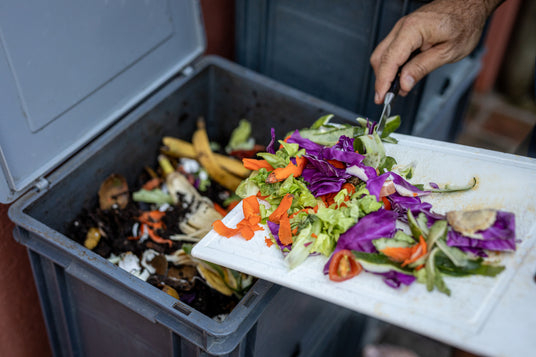About Ecoblend

It's our aim to reduce food waste going to landfill.
Disposing of organic waste in landfills contributes significantly to greenhouse gas emissions, particularly methane (CH4), which is much more potent than carbon dioxide (CO2) in trapping heat in the atmosphere. Methane is produced when organic matter decomposes anaerobically in oxygen-deprived conditions typical of landfills.
Besides its climate impact, landfills also pose risks of groundwater contamination through leachates containing hazardous substances. Landfill sites can endanger nearby communities due to odours, air pollutants, and potential groundwater pollution.
The decomposition process in landfills releases volatile organic compounds (VOCs), particulate matter and other air pollutants that can worsen respiratory conditions and affect the health of vulnerable populations living in proximity to these sites.